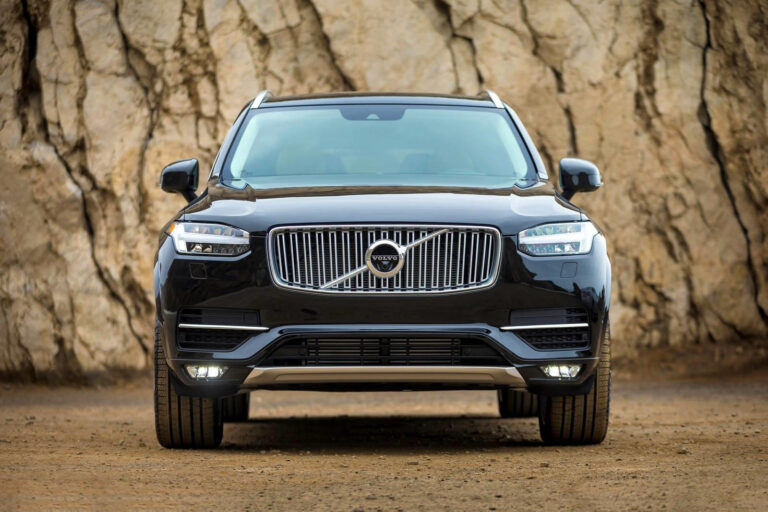This Thursday, Volvo Car AB built its final diesel-powered vehicle, signaling the end of an era for the company, which by 2030 intends to only create electric vehicles.
On Tuesday night, the sport utility vehicle XC90 came off the assembly line at the Torslanda facility located in Sweden. Volvo is discontinuing the technology at the same time that the market for electric cars is declining globally, even though it will continue to produce gasoline-powered vehicles.
“We are quite confident that we have very good customer offers even without the diesel”
Erik Severinson, a Volvo Car executive, new cars and operations strategy
As the first significant automaker to pledge to phase out fossil fuel-only vehicles in 2017, Volvo Car has subsequently debuted a number of hybrid and completely electric models. Nine years ago, the percentage of new sales of diesel cars in Europe, the brand’s primary market, reached a peak. Last year, they dropped to 14% of registrations.
The XC90, which was first revealed in 2014 as the first vehicle constructed on new foundations created under Li Shufu’s direction at Geely, was crucial to the automaker’s comeback. At a Volvo museum that opens in Gothenburg next month, Volvo Car will have the final XC90 built on display.
The EX90 is the electric brother of the premium SUV. Diesel enjoyed a prosperous early century after being promoted by European automakers as a greener substitute for gasoline. However, following VW AG’s 2015 admission that it had installed software in its diesel engines to rig emissions tests, demand fell precipitously.
Volvo Car is not slowing down on EVs because the technology still provides greater growth in the long run, according to Severinson, even if the company will continue to maintain and provide spare parts for its diesel clients.
